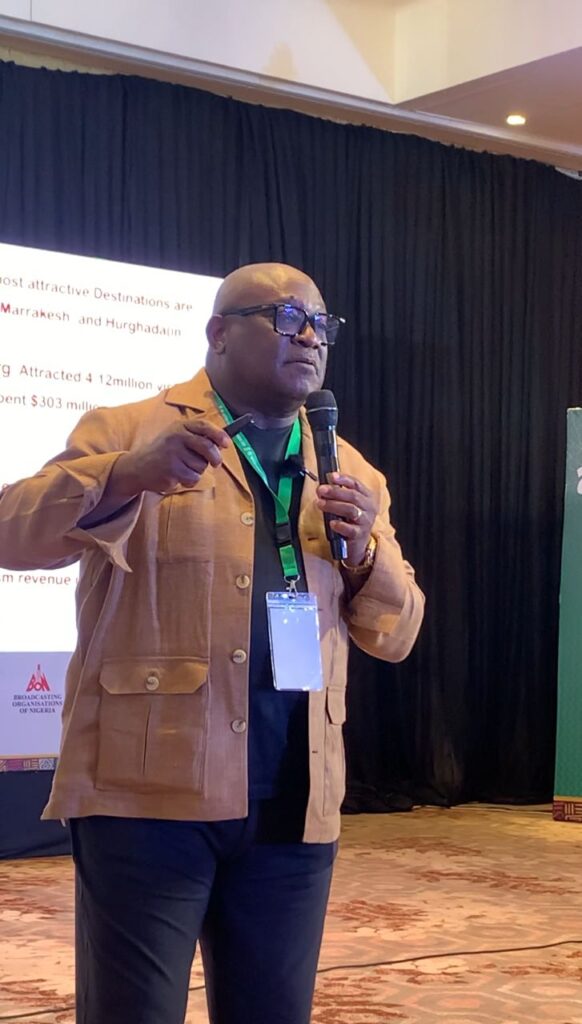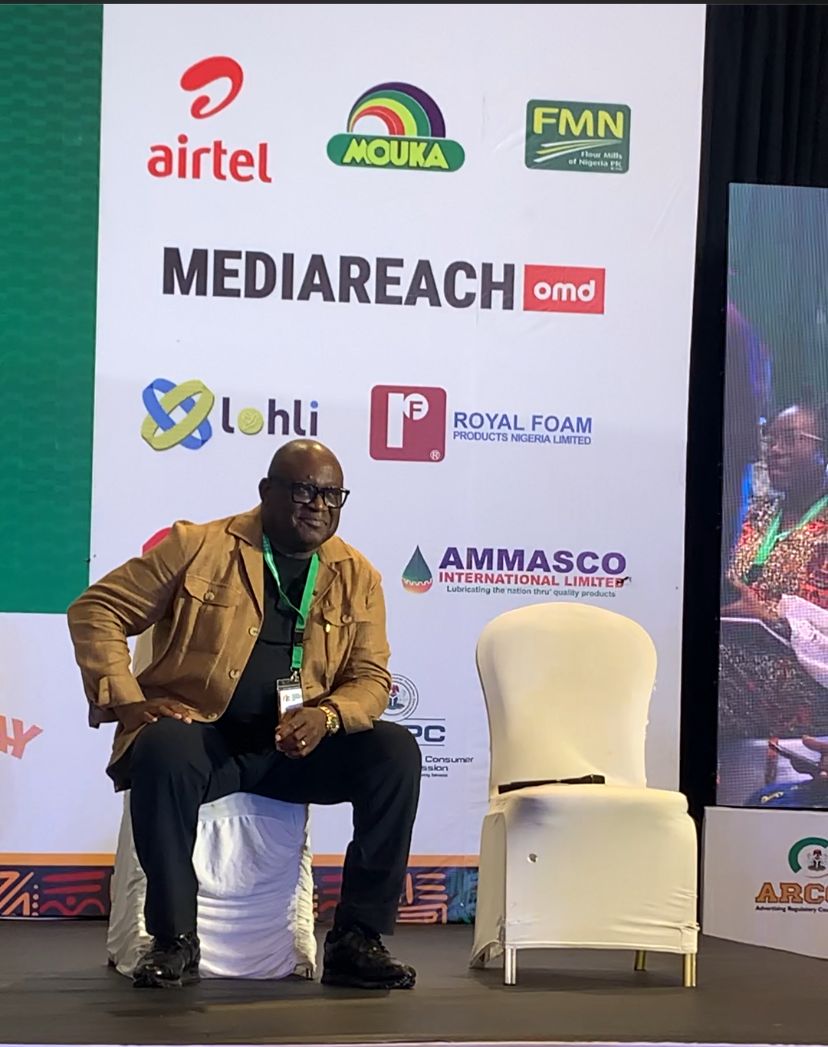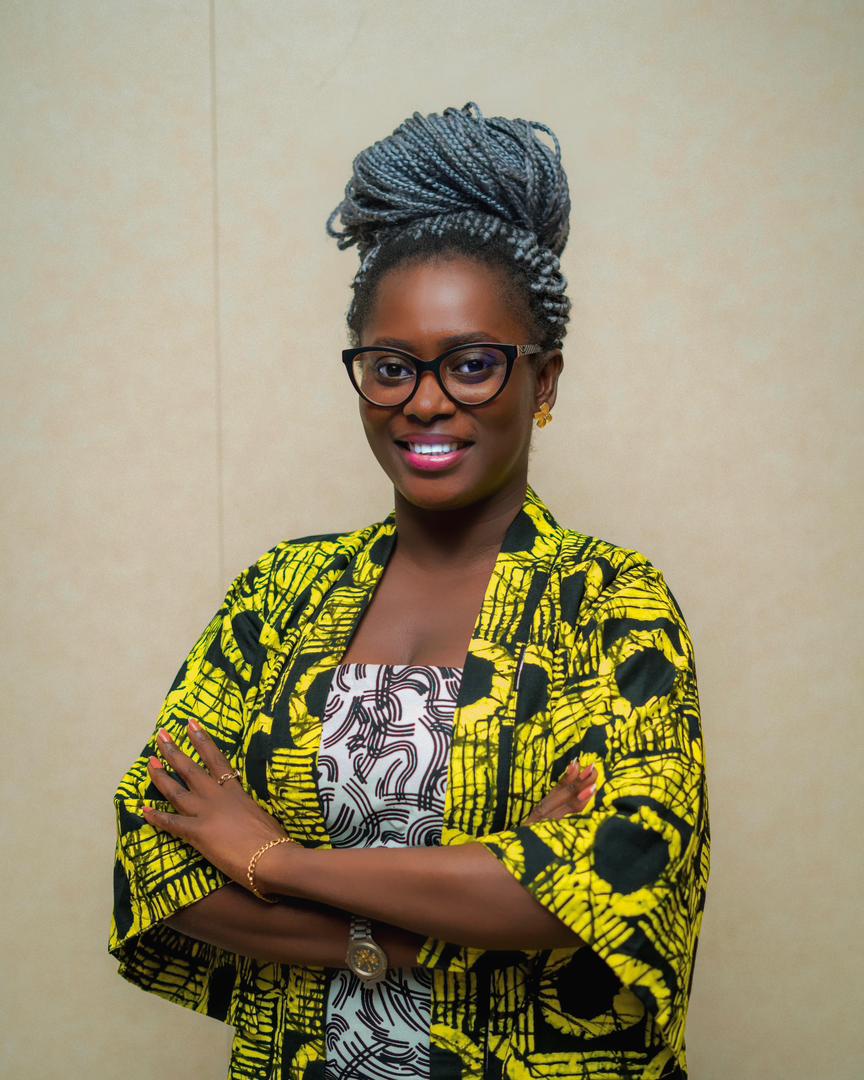At the National Advertising Conference (NAC) 2025, a crucial conversation emerged about who bears the primary responsibility for changing Nigeria’s global perception.
While the Minister of Information called on marketing communications professionals to lean support in reshaping the country’s narrative, industry leader Udeme Ufot offered a counter-perspective: effective destination branding requires more than creative campaigns.
It demands unwavering commitment from the highest levels of government, substantial infrastructure investment, and consistent leadership vision.
Drawing from successful state-level examples and comparing Nigeria’s tourism performance with African peers, Ufot’s response highlights a fundamental truth often overlooked in nation-branding discussions perception change is a two-way street that begins at the top.
National Consensus as the Foundation
Udeme Ufot, the Group Managing Director of SO&U, has responded to the call by Alhaji Mohammed Idris, Minister of Information and National Orientation, regarding the perception narrative task assigned to the marketing communications industry.
He emphasized that driving perception change starts with a national consensus on what the country wants to be known for and requires unwavering commitment to live out the ideas that underpin that narrative.
He added that it is the industry that needs the support of the minister and government leadership to craft an effective perception.
“We can never craft an appropriate destination branding without the commitment of the highest level of our leadership because they decide, through consensus, how the country should be seen,” he said.

Udeme Ufot
Insights from Destination Branding Projects
Ufot made these remarks at the just concluded 5th edition of the National Advertising Conference (NAC) 2025, themed “Marketing Communication: Transforming Business and Creating Growth in Challenging Times,” while speaking on the topic “Destination Branding.”
Drawing from his experience with successful destination campaigns, Ufot cited two projects he has been directly involved in: Calabar and Akwa Ibom state destination branding. “Those two projects were championed directly by the governors of those states.
All the briefing and presentation was done by the governor. And all along, the governor insisted on working directly with the CEO of the agency and gave the CEO 24/7 access to him,” he said.
He emphasized that this level of commitment from leadership is non-negotiable. “My message to the minister is that if we cannot sit down and conjure a perception for our country that is positive, we need to draft and curate that perception.
At the centre of it, the minister has a role to play, but the responsibility goes higher to the level of the president himself,” he said.

Udeme Ufot
The National Gains of a Strong Destination Brand
According to Ufot, an attractive destination brand can attract tourists, conferences, exhibitions, foreign direct investment (FDI), respect and influence amongst nations, pride amongst citizens, national unity, advantage in commercial transactions through premium pricing of goods and services, and greater resilience in times of crisis.
The Detty December Phenomenon
Ufot pointed to Detty December as the most powerful destination attraction in Africa, noting that it has created itself organically and continues to grow, driven entirely by individual Nigerians who want to make a difference.
He said the opportunity is there for government to step in, create infrastructure, and invest to make it even bigger. He commended the Lagos State government for leveraging the initiative.
“The Lagos State government has taken the bull by the horns, and this is why ‘Eko for Show’ began to show itself.
They saw the potential of Detty December and stepped into it. I understand that last year, the governor called security agencies to ensure that there were no records of negative incidents and that none of the tourists would go back with negative experiences,” he said.
Commending African countries that have done well in destination branding, he pointed out that the three most attractive destinations are Johannesburg, Marrakesh, and Hurghada in Egypt. Johannesburg attracted 4.12 million visitors in 2024, with visitors spending $303 million in December alone. Marrakesh, Morocco attracted 2.8 million visitors in 2024 who spent $11.3 billion. Nigeria, on the other hand, generated only $1.8 billion in 2023 and $2 billion in 2024 from tourism.
Also Watch:MARKETING EDGE ONTV
However, there is hope on the horizon. “Lagos government has predicted that as of 2024, what was recorded was $2 billion. With the inflow of Detty December, they project growth to $3.45 billion in 2025 and up to $3.75 billion by 2027,” Ufot revealed.
The Minister’s Call to Action
Earlier at the conference in Abuja, the Minister, Alhaji Idris, had called for collaboration between the government and advertising creative practitioners to help shape the narrative of how Nigeria is perceived globally.
In his speech, the minister described marketing communication as the critical bridge between creativity and commerce, between ideas and impact, and between perception and reality, emphasizing its unprecedented power and necessity in today’s world.
He placed enormous responsibility on marketing communication professionals, describing them not only as storytellers for brands and businesses but also as custodians of national perception and image. “When false narratives about Nigeria are spread, especially internationally, it is your creativity, strategy, and storytelling that can counterbalance them with truth, context, and compelling narratives of hope and progress,” he said.
Also Watch:MARKETING EDGE ONTV
The minister urged practitioners to project Nigeria authentically. “We must project Nigeria as it truly is: a diverse, dynamic, and resilient nation of hardworking people who coexist peacefully, aspire collectively, and strive daily to build a better society,” he said.
He explained that through integrated campaigns, digital storytelling, strategic partnerships, and value-based branding, marketers can reshape how Nigeria is perceived globally as a land of opportunity, innovation, and creativity, not of conflict or crisis.
The minister assured stakeholders that the Federal Ministry of Information and National Orientation will continue to partner with ARCON and all industry stakeholders to ensure that the advertising and communication ecosystem thrives in a regulated but enabling environment.
He disclosed that the Ministry is retooling its public information machinery to align with the realities of the digital age, where truth must travel faster than falsehood, and where the Nigerian story must be told by Nigerians themselves.
Where Execution Must Meet Aspiration
Ufot’s response underscores a critical gap between aspiration and execution: while the minister calls on the industry to change Nigeria’s narrative, the industry needs the government to first commit to the vision, invest in the infrastructure, and lead by example.
Without this foundation, even the most creative campaigns will struggle to transform perception into reality.
ALSO WATCH MARKETING EDGE ONTV






Comment
No comments found.